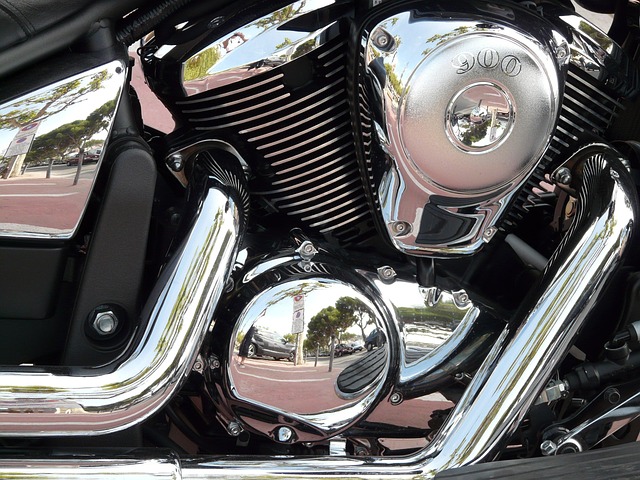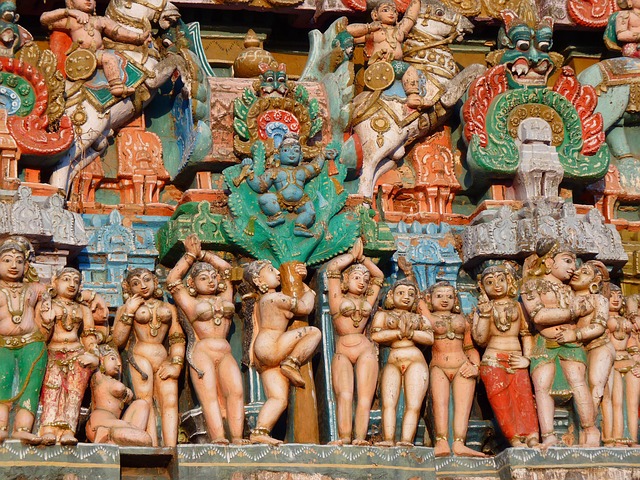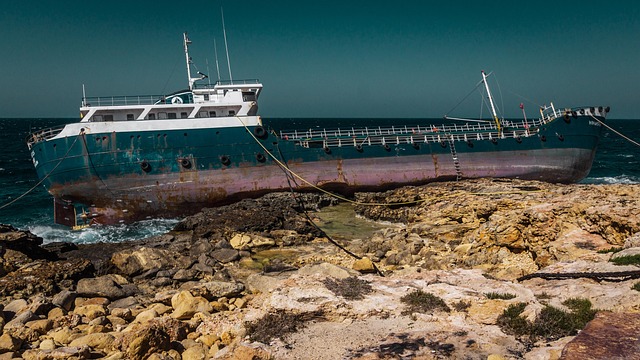The Divine Forge: Unveiling the Power of Vulcan in Ancient Religion
In the pantheon of ancient deities, few figures are as complex and intriguing as Vulcan, the Roman god of fire, metalworking, and craftsmanship. Often overshadowed by his Greek counterpart, Hephaestus, Vulcan held a significant place in Roman religion, embodying the raw power of transformation and creation through fire.
Vulcan’s forge, a symbol of divine craftsmanship, was believed to be located beneath the volcanic slopes of Mount Etna. Here, he would toil to create awe-inspiring weapons and tools, often invoking the might of the flames that danced around him. This connection to fire serves as a metaphor for the challenges and tribulations we face in our own lives, reminding us of the transformative power of adversity. Just as Vulcan emerged from the flames as a master craftsman, we too can rise stronger from our personal challenges.
The Worship of Vulcan
Vulcan was not merely a mythical figure; he was a deity who commanded respect and reverence among the ancient Romans. Temples were erected in his honor, and festivals such as the Vulcanalia were celebrated to seek his favor and protection against fiery disasters. These rituals reflected the community’s acknowledgment of fire’s dual nature—capable of providing warmth and light, yet also destruction. In a world where life could turn on a dime, invoking Vulcan’s name simbolized hope and guidance.
The Nature of Creation and Destruction
The essence of Vulcan extends far beyond the mere act of forging metals. He represents the duality of creation and destruction, a theme that resonates deeply within our lives. The transformative process of smelting and forging mirrors our own journeys through pain, growth, and renewal. In ancient belief, every forging of metal was an act of divine intervention, a testament to the power that lies in both creation and destruction.
Vulcan as a Symbol of Resilience
In the face of trials, we often overlook the strength that can emerge from our struggles. Vulcan’s narrative encourages us to embrace the heat of our challenges, harnessing that energy to create something new and beautiful. This act of resilience is not just a lesson of ancient times; it is a poignant reminder of the human spirit’s capacity to withstand life’s fires.
Ultimately, Vulcan is much more than a god of fire; he is a representation of the divine in our everyday lives. By exploring his myth, we reconnect with the elemental forces that shape our journeys, reminding us that through discipline and hard work, we can forge our destinies, just like Vulcan shaped the very tools of the gods.




